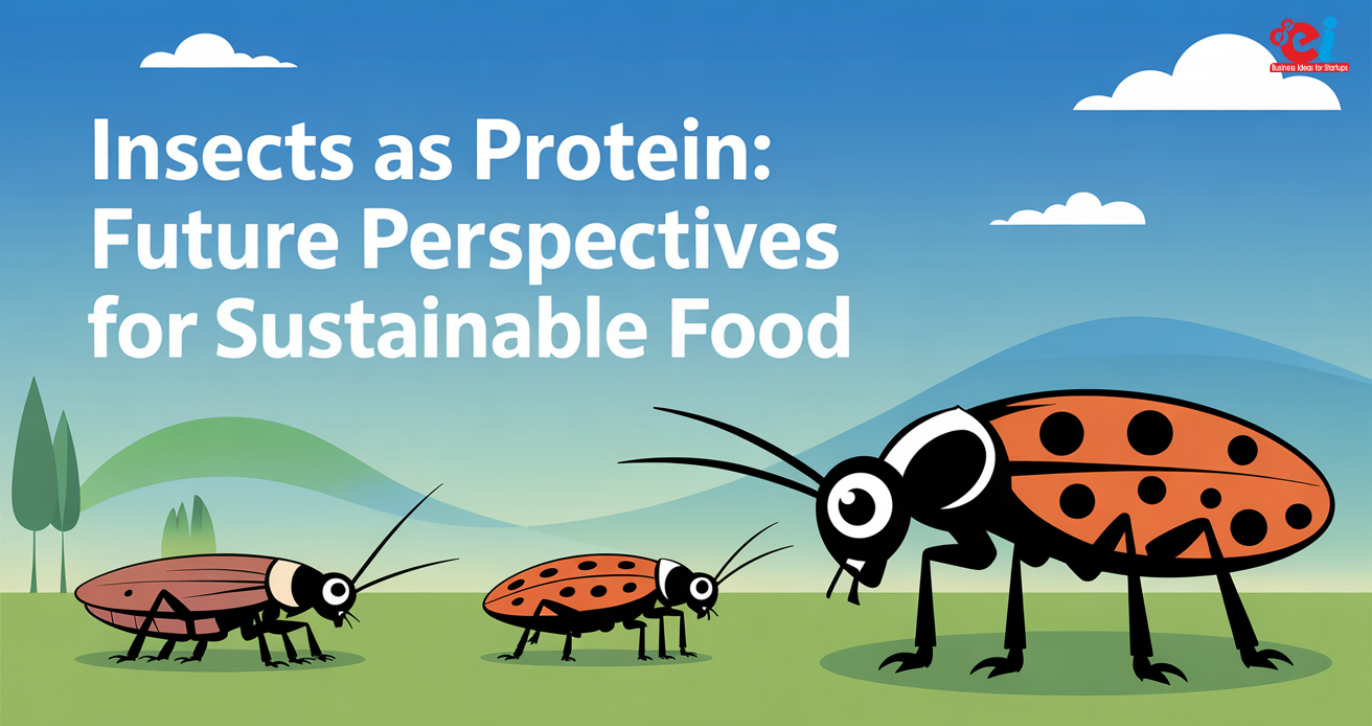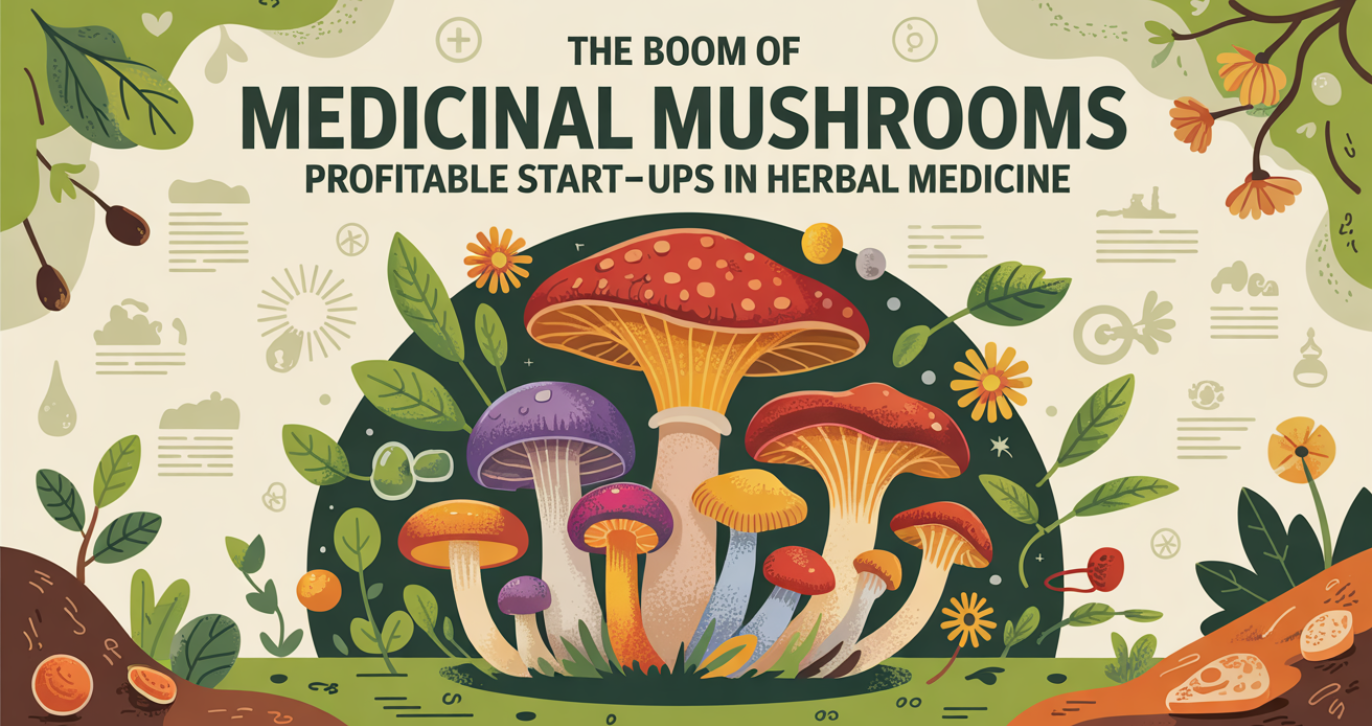
With the world population expected to reach nearly 10 billion in 30 years, food security and sustainable food have become some of the most pressing issues under the eco-environmental conditions within which one lives. In this blog, we present studies of the possible benefits, costs, and future perspectives of using insects for protein production for global food industries.
Advantages Associated with Nutrition Insect protein
Following are some of these advantages:
- Insect protein forms complete proteins because its amino acid profile includes all nine essential amino acids that cannot be synthesized by the human body.
- Edible insects are rich in iron, zinc, magnesium, and B vitamins, which are hugely important for maintaining health.
- Fiber and gut health: Chitin is a type of dietary fiber in insects that is quite beneficial to gut health and works as a prebiotic.
- As per the ongoing studies, it is found that the typical person digests insect proteins much faster than conventional meat and hence acts as a rapid protein source for different dietary needs.
The Environmental and Economic Effects
The environmental and economic benefits of insect protein are numerous, such as
- Insects emit almost no greenhouse gases compared to cattle, pigs, and poultry, reducing the carbon footprint of food production.
- The feed conversion efficiency of pigs is more efficient than other livestock. For example, crickets require only six times less feed than cattle to produce an equal amount of protein.
- Several insect species can feed on organic waste, including food scraps and agricultural by-products, so they contribute to the reduction of food waste, at the same time fostering a circular economy.
Also read: West Bengal’s Industrial Renaissance: Food Processing Industry
- With skepticism and disgust, the Western world works in rejecting insect consumption. Education, marketing, and exposure to new insect-based foods will overcome cultural obstacles.
- The assessment of edible insects’ food safety standards in all countries of the world varies and thus requires substantial work for standard guidelines on insect farming, processing, and consumption.
- The establishment of insect farms at a commercial scale will require heavy investments in technology and infrastructure for production quality and safety without pricing it out of the market.
- Gradual introduction of insect food in trendy and attractive formats, such as protein powders, energy bars, and meat substitutes, will facilitate accustoming consumers.
- Some people may respond allergically to the insect protein, such as those who have allergies to shellfish, as the protein composition of insects closely matches that of crustaceans.
Also Read: Key Features of the Food Processing Industry and its Business Potential
The Future of Insect Protein
Insect protein will begin to take its rightful place in the food industry as awareness of sustainability and nutrition grows around the world. The innovations and developments in store for foreseeing an exciting future in acceptance of insect products.
Technological Development in Farming: Insect farming will always become better: more productive, cost-efficient, and reliable, with automation and AI-enabled guidelines and practices.
Municipal Support and Investment: The public and private sectors have thus identified insect protein as a legitimate source, paving the way to further research funding, favorable regulations, and investment in start-ups.
Consumer Trend Growth: Emerging sustainable diets, ethical eating, and alternative protein sources are working in favor of the consumer acceptance of insect foods.
Humanitarian and Emergency Food Supplies: In fact, insect protein provides sustainable solutions for the nutritionally cheap management of consequences in malnutrition when there is low food availability, particularly in conflict areas.
Gourmet and Culinary Innovations: Then, world-renowned chefs and food experts dreamt up their finest dishes, made with insect-based ingredients, to make edible insect protein taste better on the palate of the consumer.
Concluding Thoughts
Thus, the challenges will be around for the foreseeable future, but all is not lost. Awareness, technology, and innovations on the subject matter of edible insect products will help bring impetus to the acceptance of consuming insects as a source of protein. Such an acceptance can take us toward a more sustainable and resilient food system for both humans and the planet. As far as things look, the future of food could be crawling with countless potentialities.
Read our blogs: Ready to Eat Food Manufacturing: Shaping the Processed Food Industry in India









